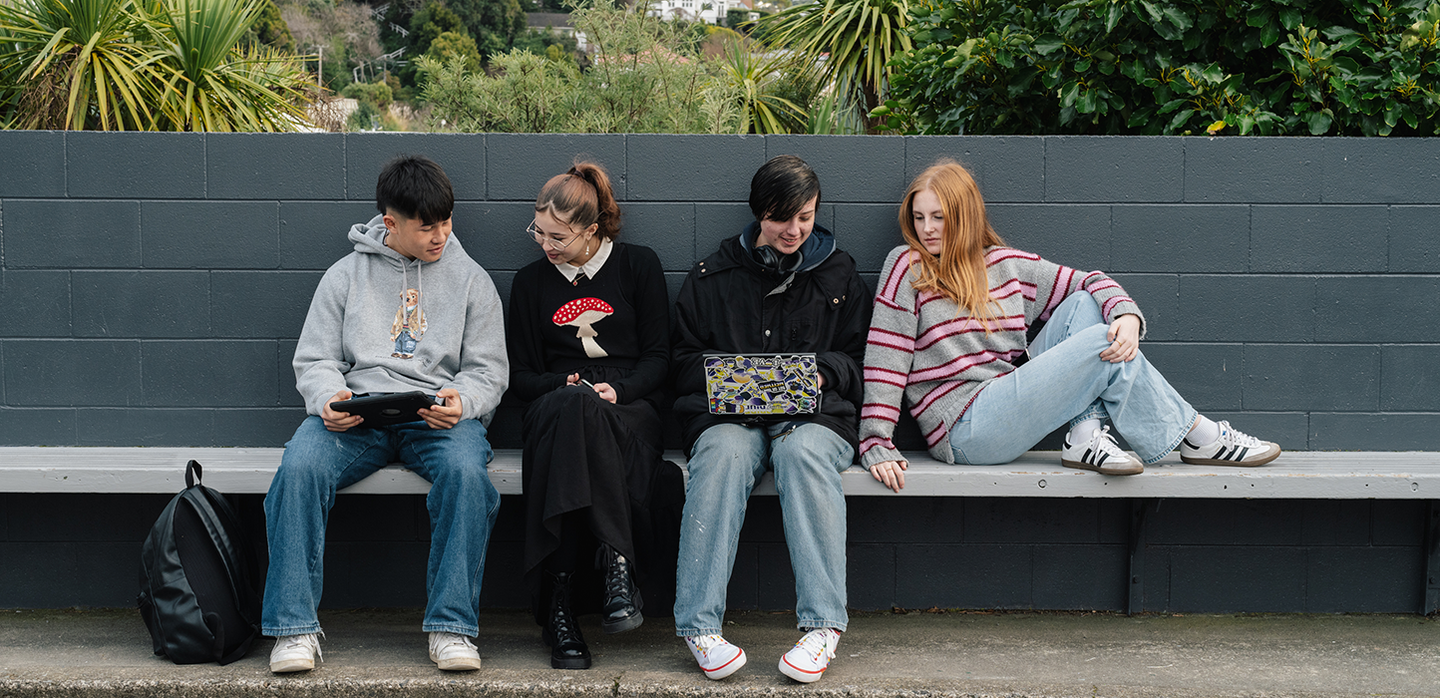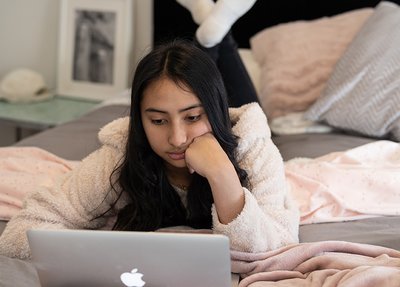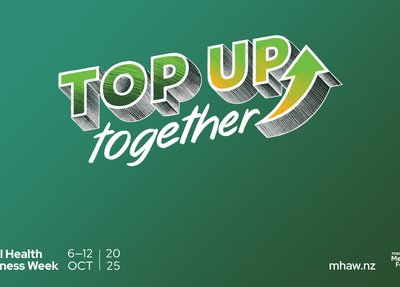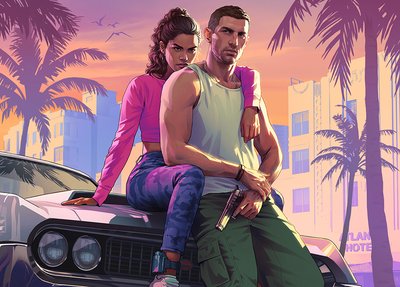
Understanding the Legal Line: Protecting Ourselves from Harmful Content
Caroline Flora, Chief Censor on May 6, 2025
Back in the early days of the Classification Act, extreme content was easier to contain. Video stores and cinemas had built-in safeguards, and adult content was kept behind closed doors, requiring ID to access. When we restricted or banned content, it largely stayed out of public view.
Fast forward to today, and we’re in an entirely different world.
For more than 30 years, the Classification Office – Te Mana Whakaatu has worked to keep New Zealanders safe from the most harmful content—material so extreme that it meets the legal threshold for being classified as objectionable under the Films, Videos, and Publications Classification Act 1993. This forensic classification work requires deep analysis and expertise, and while it has always been a crucial part of what we do, the landscape we operate in has changed dramatically.
Back in the early days of the Classification Act, extreme content was easier to contain. Video stores and cinemas had built-in safeguards, and adult content was kept behind closed doors, requiring ID to access. When we restricted or banned content, it largely stayed out of public view.
Fast forward to today, and we’re in an entirely different world. The internet is vast, fast-moving, and constantly evolving. Content that once remained in the dark corners of the web is now surfacing in everyday online spaces through messaging apps, social media algorithms, and search engine results. It’s no longer just an online issue; the effects of this exposure spill into the offline world, shaping real-life experiences, attitudes, and behaviours.
The Role of Young People: On the front line of the internet
No one experiences this shift more intensely than rangatahi. They are navigating digital spaces with a level of exposure and immediacy that older generations never had to contend with.
Through our work with young people, we’ve heard that they are concerned about harmful or illegal content online. They worry about stumbling across disturbing material, about the normalisation of extreme violence or exploitation, and about the lack of clear guidance on what to do when they see something that crosses the line.
Why Understanding the Legal Line Matters
New Zealand law sets a high threshold for what is considered objectionable, and most people wouldn’t be surprised by the types of content that fall into this category. These include material that promotes extreme violence and cruelty, sexual exploitation (especially involving children), torture, bestiality, and terrorism. This isn’t content anyone should ever have to see, and its harm extends beyond just the individuals directly affected. It impacts communities and can contribute to broader social harms.
While most individuals can easily identify content that would be classified as objectionable, many may not fully understand the legal consequences of engaging with such material. It's not just about the harm it causes—there's also a significant criminal risk associated with its creation, distribution, and possession. The law is clear, and the penalties for engaging with this content can be significant.
Merely knowing that this content is illegal isn’t enough. People also need to know what to do when they come across it. While removing illegal content from circulation is essential, it’s equally important to equip people with the tools to respond in a way that keeps them and others safe.
If you do encounter extreme material, here’s what we recommend:
- Don’t engage further. Avoid sharing, commenting on, or circulating the content, even if your intent is to raise awareness. It's not just about the harm it may cause to another—there's also a significant criminal risk associated with its creation, distribution, and possession.
- Report it. You can report illegal material to the social media platforms as well as agencies such the New Zealand Police, or the Department of Internal Affairs. If you are being harassed online, report the behaviour to Netsafe.
- Reach out for support. If the content has affected you, talk to someone you trust—whether that’s a friend, whānau, or a professional support service.
- Reflect and reset. Consider how the content made you feel, and take steps to protect yourself from further exposure, such as adjusting your online settings or taking a break from certain platforms.
Consulting with Young People: A Step Forward
Our recent consultation with young people has been vital. Their voices, experiences, and insights help shape how we address these challenges together. They remind us that while legal frameworks are necessary safeguards, they are enhanced by education, awareness, and open conversations.
Young people shared their experiences with harmful content online. One explained:
Male – community group
These quotes show how easily harmful content can appear—and how deeply it can affect those who see it. But they also remind us that young people often have a strong intuition about when content crosses the line. One participant put it like this:
Male – community group
We encourage all New Zealanders to take the time to understand where the legal line is when it comes to harmful content. More importantly, we want to ensure that people—especially young people—feel empowered to make safe choices online, to recognise when content is crossing into dangerous territory, and to know where to turn for help.
By bringing this issue into the open and providing clear, practical guidance, we can work together to create a safer digital world for everyone.
Helplines
If you or someone you know is struggling with exposure to harmful content or online experiences, support is available:
- Youthline – Call 0800 376 633 or text 234.
- Need to talk? Call or text 1737 to speak with a trained counsellor, available 24/7.
- Netsafe – Free advice and support at www.netsafe.org.nz.
Further Reading
Subscribe to our blog
Stay up to date with the Classification Office blog.


